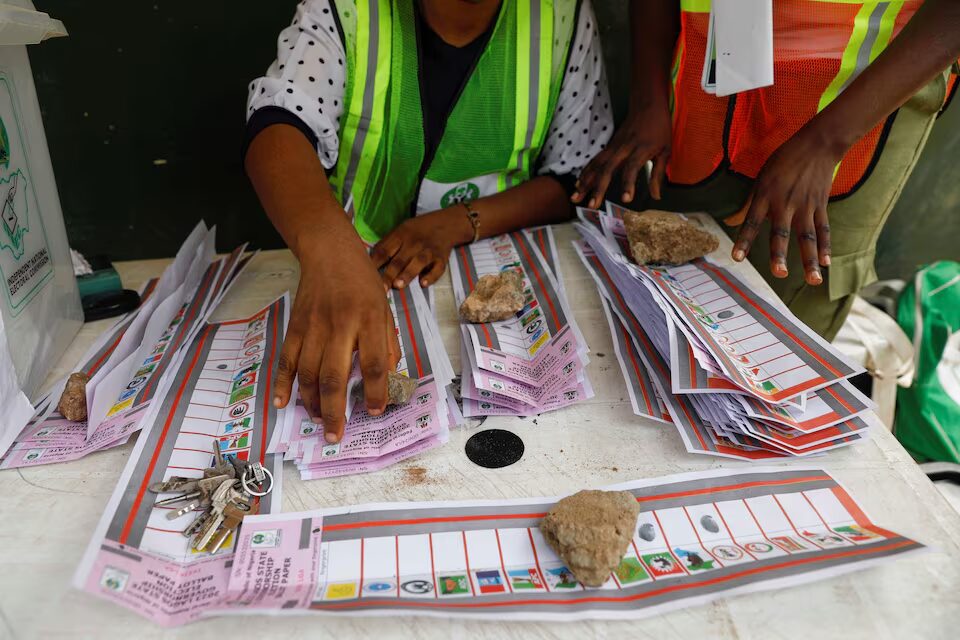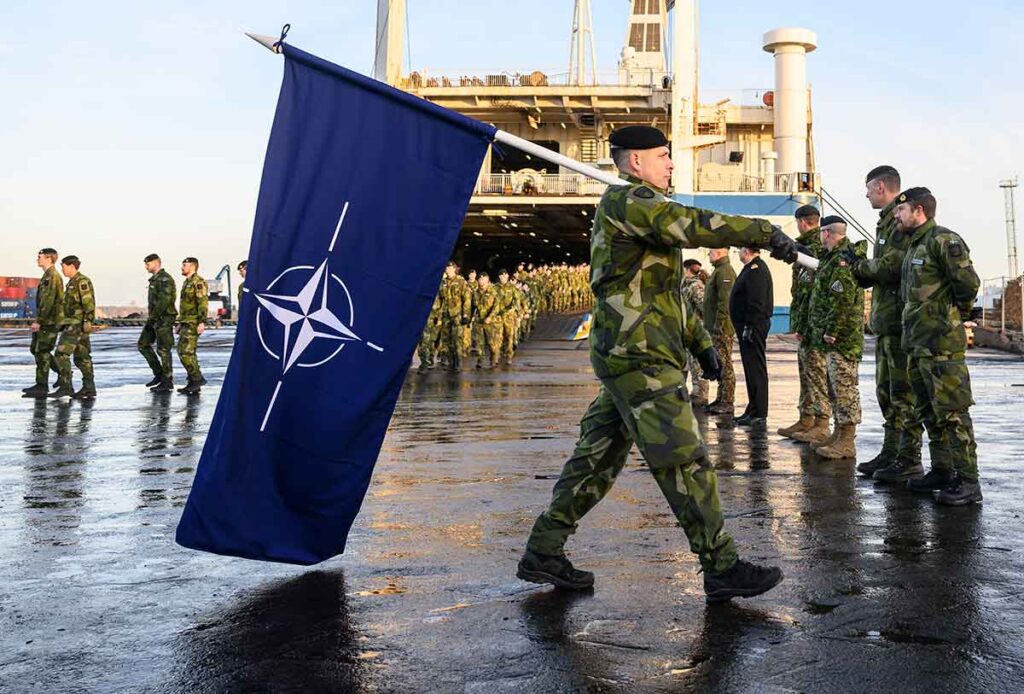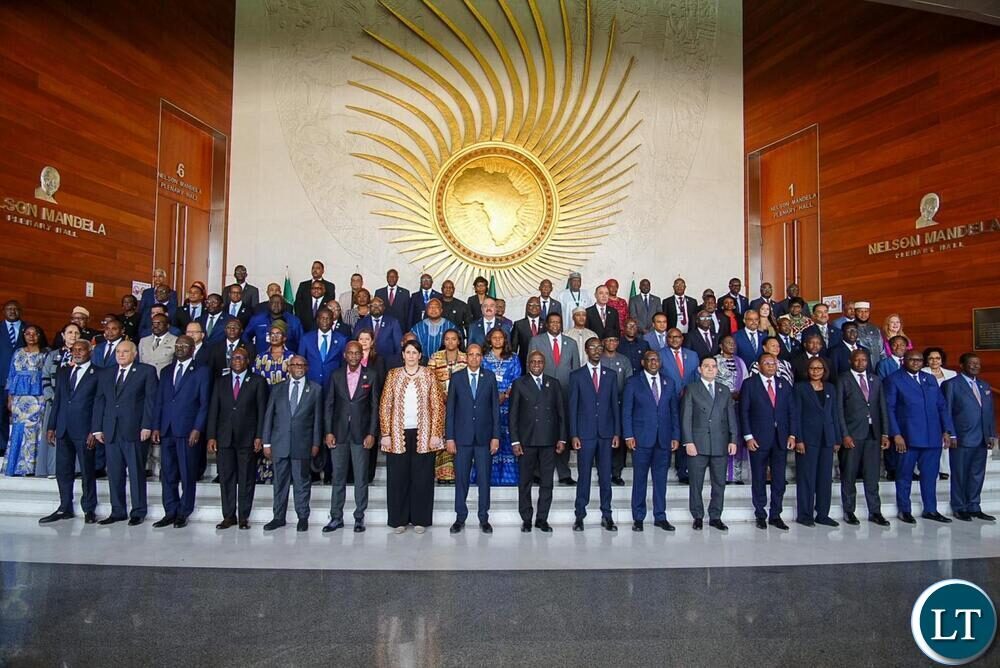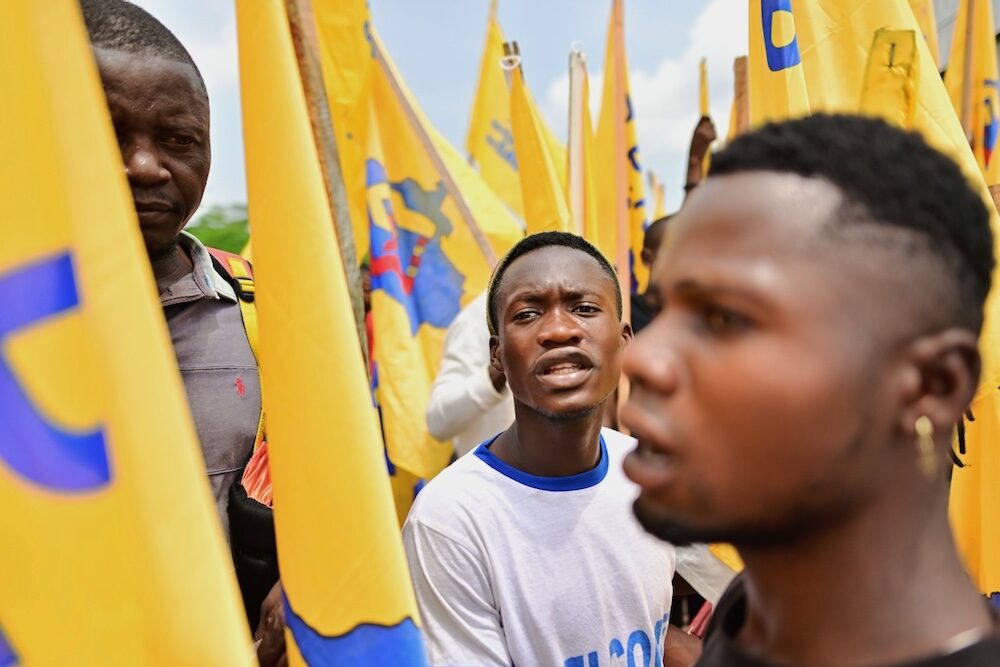
Tuesday 28th October 2025

by inAfrika Newsroom
The Kremlin said today that Russian troops will “destroy” any foreign fighters it finds on the front lines in Ukraine. Moscow said its soldiers are “hearing English and French” in combat zones and claims this proves that NATO-linked fighters are active in support of Kyiv.
NATO governments deny that they have deployed regular troops to Ukraine. They continue to say that only Ukrainian forces are fighting Russia on the ground. Western officials have acknowledged intelligence and training support, and they have not denied that military contractors or volunteers have joined Ukrainian units. The Kremlin statement comes ahead of fresh European talks on Ukraine security that include EU Commission President Ursula von der Leyen and Nordic leaders.
Russia also signaled a wider message. The Kremlin said it sees the war not only as a fight with Ukraine, but as a direct clash with NATO interests. At the same time, Ukrainian special units say they have struck Russian air defense systems in Donbas, hitting radar stations and an S-300V launcher. Ukraine’s intelligence service said these strikes are part of a campaign to blind Russian defenses in occupied areas.
EU officials say the rhetoric from Moscow is escalating. They warned that direct threats to “destroy” foreign fighters could be read as a threat toward any European national on or near the front. European leaders meet in Stockholm this week to discuss air defense, ammunition supply, and how to keep political backing for Kyiv aligned as Russia hardens its position.
Why it matters for Africa: Thousands of African nationals have fought in foreign conflicts over the last decade, either as formal recruits or as contractors. A public threat to kill “foreign fighters” on sight raises legal risk for any African national drawn into this war for pay or residency offers. It also shows how fast a regional war can globalize. When Europe talks about Ukraine, it is also talking about sanctions, fertilizer prices, grain routes, and weapons flows — all of which affect African food costs and security budgets.


